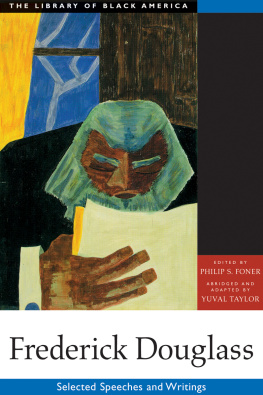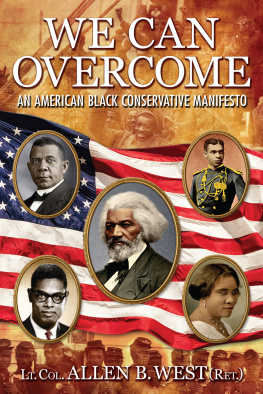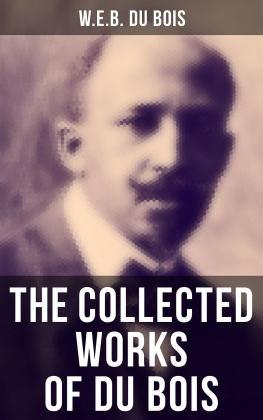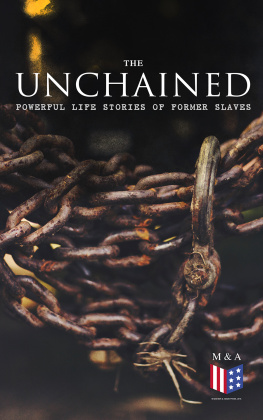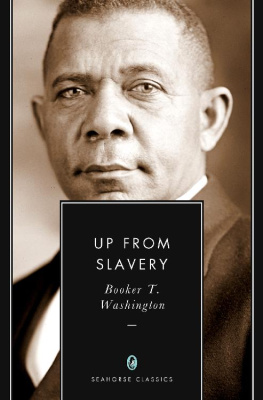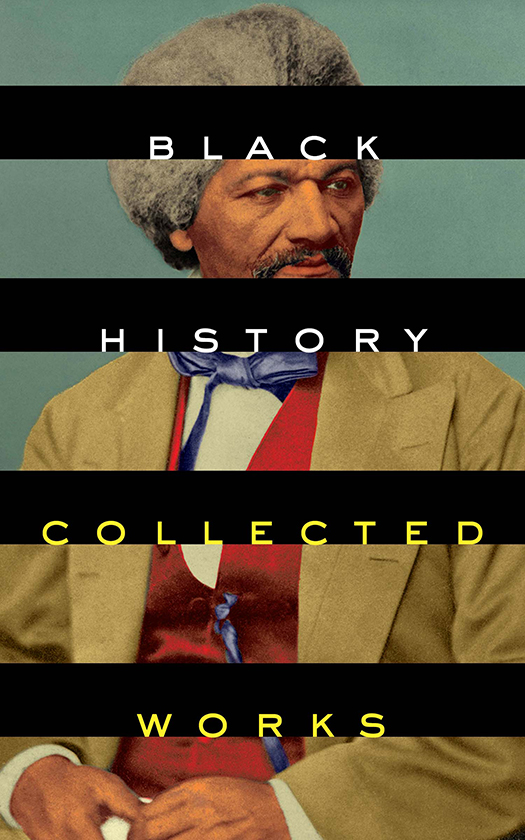Black History: Collected Works


All rights reserved.
This title is in the public domain in Canada and is not subject to any license or copyright.
Cover Design: Scott Richardson
Cover Images: (portrait) Everett Historical / Shutterstock
ISBN: 978-1-551-99798-8
www.penguinrandomhouse.ca
v3.1
Contents
. The authors account of his country, their manners and customs, &c.
. The authors birth and parentageHis being kidnapped with his sisterHorrors of a slave ship
. The author is carried to VirginiaArrives in EnglandHis wonder at a fall of snow
. A particular account of the celebrated engagement between Admiral Boscawen and Monsieur Le Clue
. Various interesting instances of oppression, cruelty, and extortion
. Favourable change in the authors situationHe commences merchant with threepence
. The authors disgust at the West IndiesForms schemes to obtain his freedom
. Three remarkable dreamsThe author is shipwrecked on the Bahama-bank
The author arrives at MartinicoMeets with new difficulties, and sails for England
. Some account of the manner of the authors conversion to the faith of Jesus Christ
. Picking up eleven miserable men at sea in returning to England
. Different transactions of the authors lifePetition to the QueenConclusion
The Narrative of Sojourner Truth
Sojourner Truth
Her Birth and Parentage
The subject of this biography, SOJOURNER TRUTH, as she now calls herselfbut whose name, originally, was Isabellawas born, as near as she can now calculate, between the years 1797 and 1800. She was the daughter of James and Betsey, slaves of one Colonel Ardinburgh, Hurley, Ulster County, New York.
Colonel Ardinburgh belonged to that class of people called Low Dutch.
Of her first master, she can give no account, as she must have been a mere infant when he died; and she, with her parents and some ten or twelve other fellow human chattels, became the legal property of his son, Charles Ardinburgh. She distinctly remembers hearing her father and mother say, that their lot was a fortunate one, as Master Charles was the best of the family,-being, comparatively speaking, a kind master to his slaves.
James and Betsey having, by their faithfulness, docility, and respectful behavior, won his particular regard, received from him particular favors-among which was a lot of land, lying back on the slope of a mountain, where, by improving the pleasant evenings and Sundays, they managed to raise a little tobacco, corn, or flax; which they exchanged for extras, in the articles of food or clothing for themselves and children. She has no remembrance that Saturday afternoon was ever added to their own time, as it is by some masters in the Southern States.
Accommodations
Among Isabellas earliest recollections was the removal of her master, Charles Ardinburgh, into his new house, which he had built for a hotel, soon after the decease of his father. A cellar, under this hotel, was assigned to his slaves, as their sleeping apartment,all the slaves he possessed, of both sexes, sleeping (as is quite common in a state of slavery) in the same room. She carries in her mind, to this day, a vivid picture of this dismal chamber; its only lights consisting of a few panes of glass, through which she thinks the sun never shone, but with thrice reflected rays; and the space between the loose boards of the floor, and the uneven earth below, was often filled with mud and water, the uncomfortable splashings of which were as annoying as its noxious vapors must have been chilling and fatal to health. She shudders, even now, as she goes back in memory, and revisits this cellar, and sees its inmates, of both sexes and all ages, sleeping on those damp boards, like the horse, with a little straw and a blanket; and she wonders not at the rheumatisms, and fever-sores, and palsies, that distorted the limbs and racked the bodies of those fellow-slaves in after-life. Still, she does not attribute this crueltyfor cruelty it certainly is, to be so unmindful of the health and comfort of any being, leaving entirely out of sight his more important part, his everlasting interests,so much to any innate or constitutional cruelty of the master, as to that gigantic inconsistency, that inherited habit among slaveholders, of expecting a willing and intelligent obedience from the slave, because he is a MANat the same time every thing belonging to the soul-harrowing system does its best to crush the last vestige of a man within him; and when it is crushed, and often before, he is denied the comforts of life, on the plea that he knows neither the want nor the use of them, and because he is considered to be little more or little less than a beast.
Her Brothers and Sisters
Isabellas father was very tall and straight, when young, which gave him the name of Bomefreelow Dutch for treeat least, this is SOJOURNERs pronunciation of itand by this name he usually went. The most familiar appellation of her mother was Mau-mau Bett. She was the mother of some ten or twelve children; though Sojourner is far from knowing the exact number of her brothers and sisters; she being the youngest, save one, and all older than herself having been sold before her remembrance. She was privileged to behold six of them while she remained a slave.
Of the two that immediately preceded her in age, a boy of five years, and a girl of three, who were sold when she was an infant, she heard much; and she wishes that all who would fain believe that slave parents have not natural affection for their offspring could have listened as she did, while Bomefree and Mau-mau Bett,their dark cellar lighted by a blazing pine-knot,would sit for hours, recalling and recounting every endearing, as well as harrowing circumstance that taxed memory could supply, from the histories of those dear departed ones, of whom they had been robbed, and for whom their hearts still bled. Among the rest, they would relate how the little boy, on the last morning he was with them, arose with the birds, kindled a fire, calling for his Mau-mau to come, for all was now ready for herlittle dreaming of the dreadful separation which was so near at hand, but of which his parents had an uncertain, but all the more cruel foreboding. There was snow on the ground, at the time of which we are speaking; and a large old-fashioned sleigh was seen to drive up to the door of the late Col. Ardinburgh. This event was noticed with childish pleasure by the unsuspicious boy; but when he was taken and put into the sleigh, and saw his little sister actually shut and locked into the sleigh box, his eyes were at once opened to their intentions; and, like a frightened deer he sprang from the sleigh, and running into the house, concealed himself under a bed. But this availed him little. He was re-conveyed to the sleigh, and separated for ever from those whom God had constituted his natural guardians and protectors, and who should have found him, in return, a stay and a staff to them in their declining years. But I make no comments on facts like these, knowing that the heart of every slave parent will make its own comments, involuntarily and correctly, as soon as each heart shall make the case its own. Those who are not parents will draw their conclusions from the promptings of humanity and philanthropy:-these, enlightened by reason and revelation, are also unerring.


